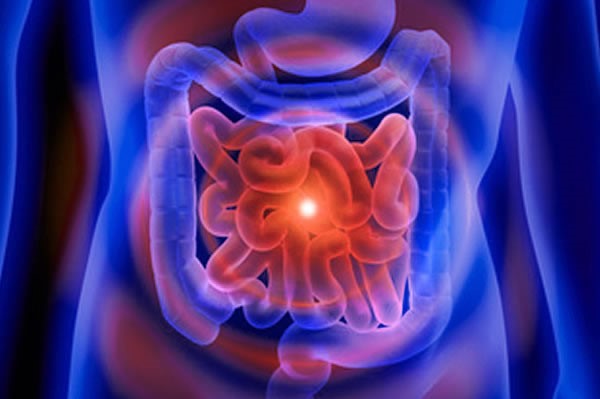
Escherichia coli: what it is and what the symptoms are
Escherichia coli, also known as E. coli, is a microorganism belonging to the enterobacteria that is commonly found in the intestines of people and animals
There are many different types of E. coli and while some live in the intestine quite harmlessly, others can cause a variety of diseases, including serious ones.
The most frequent E. coli-related ailments occur in the intestines, but the bacterium can also cause urinary tract infections.
How is E. coli transmitted?
E. coli can be transmitted to humans via:
- contaminated water and food, especially fruit and vegetables (often eaten raw, unpasteurised milk, inadequately cooked meat);
- hands not washed properly after contact with an infected animal or animal excrement;
- hands not washed properly after contact with an infected person.
- What are the typical symptoms of an Escherichia coli infection?
In general, symptoms occur 3-4 days after infection and depend on the site affected.
Gastrointestinal Escherichia coli infections are characterised by:
- diarrhoea
- nausea
- vomiting
- stomach cramps
- occasionally fever.
Escherichia coli urinary tract infections are manifested by
- frequent need to urinate
- pain and burning sensation during urination
- pelvic pain
- fever.
Are certain people more at risk from E. coli?
All age groups are at risk, but in children and the elderly, intestinal infections can be particularly severe as these groups are more likely to develop complications such as haemolytic uremic syndrome.
Read Also:
Emergency Live Even More…Live: Download The New Free App Of Your Newspaper For IOS And Android
Pinworms Infestation: How To Treat A Paediatric Patient With Enterobiasis (Oxyuriasis)
Intestinal Infections: How Is Dientamoeba Fragilis Infection Contracted?
Gastrointestinal Disorders Caused By NSAIDs: What They Are, What Problems They Cause
Intestinal Virus: What To Eat And How To Treat Gastroenteritis
What Is Proctalgia Fugax? Symptoms, Causes And Treatment
Internal And External Haemorrhoids: Causes, Symptoms And Remedies
Haemorrhoids: The Newest Tests And Treatments To Treat Them
What Is The Difference Between Haemorrhoids And Fissures?
Blood In The Stool: What Causes It And What Diseases It May Be Associated With
A. Resistant Bacteria: The Important Discovery Of Australia
Infection With Carbapenem-Resistant Enterobacteria
Diarrhoea: What It Is, What Can Cause It And How To Intervene
Travel And Rescue, USA: Urgent Care Vs. Emergency Room, What Is The Difference?
Traveller’s Diarrhoea: Tips To Prevent And Treat It



